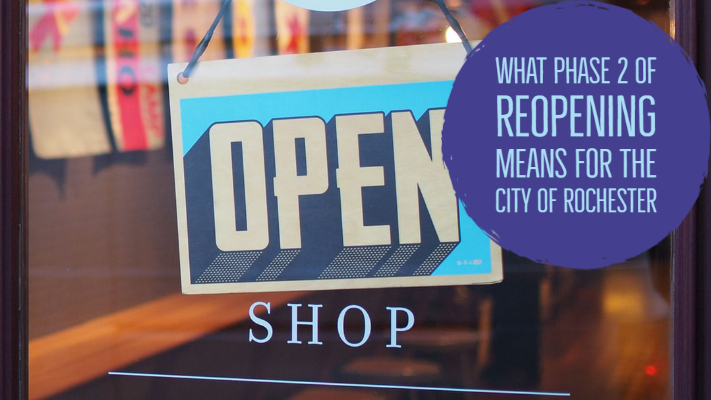 The Monroe County Legislature has run into a number of political and financial snafus while trying to move forward with the proposed $101 million CityGate project at the corner of Westfall and East Henrietta Roads. On Tuesday, however, officials finally reached an agreement that provides some hope that construction will finally begin over the summer and be completed by October.
The Monroe County Legislature has run into a number of political and financial snafus while trying to move forward with the proposed $101 million CityGate project at the corner of Westfall and East Henrietta Roads. On Tuesday, however, officials finally reached an agreement that provides some hope that construction will finally begin over the summer and be completed by October.
Included in the plans are a 150-room hotel, a 300-unit apartment complex and several additional retail and office spaces. Projections show that the development will provide 255 new full-time jobs and more than a thousand construction jobs. On top of that, it promises to generate $13 million in sales tax annually and $22 million in property tax revenue over the next two decades.
Perhaps the most significant of all obstacles facing those responsible for the progression of CityGate has been, in general, the political standoff surrounding the project’s funding. Borrowing is needed for several capital improvements, financing road work for the new downtown MCC campus and relocating the Children’s Detention Center so that room can be made for a new Costco. On Tuesday, that impasse came to an end.
Republican County Executive Maggie Brooks and Democratic Mayor Lovely Warren were able to lead voters to breach party lines and finally reach an agreement. “Today is clearly an example of what we can do when we all work together, when nobody cares who gets the credit and we do the right thing for our community,” Brooks said.
Governor Andrew Cuomo helped establish the importance of this success. “The CityGate project will create thousands of jobs and greater economic opportunity for Rochester and the surrounding communities,” he said in a statement. “Establishing Costco as the anchor tenant is a great step forward for this project and will help attract future developments and investments to the region.”
With political issues seemingly in the past, legislators, and developer Anthony Costello, simply have to worry about finalizing a design and construction plan that will make the development attractive to both potential business owners and meet the demands of Rochester residents.
Easier said than done.
One of the challenges facing developers is finding ways to make the area pedestrian-friendly. Rochesterians have expressed concerns about the area becoming too retail-oriented and breaking away from the initial proposal that made it part of the community. Wider sidewalks are referenced in building plans to help increase walkability and plans to save some sycamore trees and maintain green spaces – including a small “pocket park” – should help make the area inviting for more than just businesses.
Area residents are also worried about the fact that Costello may be backing off of his original 2010 plan to seek LEED certification for green building. Tearing down old structures is costly to the environment because of wasted materials, and, quite simply, there are financial obstacles that make certification difficult to earn. But there are some options that could be used to reach a compromise.
Costello and his team should think about using green tech, like solar power, to make the project more sustainable in the long-term. According to stats from the U.S. Department of Energy SunShot Program projections, solar-generated power is expected to grow from less than .05% of the current electricity supply to around 14% by 2030, and 27% by 2050. Using it would be a great way for the development team to ease concerns in the community while entrenching themselves as innovators with a firm grasp on contemporary trends.
There is a delicate balance that developers everywhere, not just in Rochester, need to consider when planning, financing, and building new projects. It can be difficult to find the room to meet both the economic and community-oriented goals associated with extensive development. At CityGate, legislators and Costello have the opportunity to hone in on the needs of business owners and desires of area residents, if they choose to listen.






No Comment